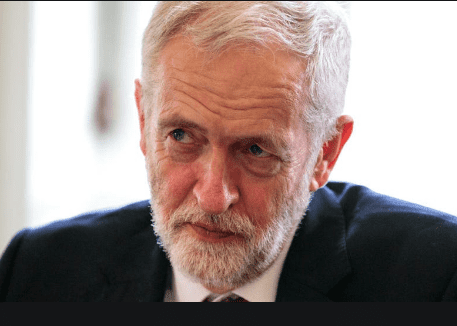“Is this the solution? Will the next advice be for me to cut off my beard? Or change my name?” asks Chief Rabbi Jacobs.
EU Jewish Association (EJA) Chairman Rabbi Menachem Margolin and Head of Governmental relations for the Rabbinical Centre of Europe Chief Rabbi Binyomin Jacobs (Netherlands) today expressed their disappointment and alarm at comments made by Germany’s respected antisemitism co-ordinatior, Dr Felix Klein, where he said that he wouldn’t advise Jews to wear Kippot (skullcaps) in some parts of the country.
The heads, representing hundreds of communities across Europe, said the comments, however well-intended towards the safety of Jews in Germany amounted to a policy of a surrender towards hate.
In a statement EJA head Rabbi Margolin said,
“It is with disappointment and alarm that I read the comments of Dr. Felix Klein. It is clear that through his work he has put the safety and welfare of the Jewish Community in Germany first, but his latest comments are a surrender to hate.
Jews cannot surrender to those who despise us. We do not alter who we are to placate the basest instincts of humanity. Dr Klein’s solution appears to be hide everything that is Jewish and then there is no antisemitism. This is a dangerous position to adopt and the EJA repudiates it in the strongest possible terms.”
Chief Rabbi Jacobs added:
“Dr Klein rightly points out the problem of antisemitism in Germany, but his well meant advice is not, to my humble opinion, the solution at all. What is next? Should I shave off my beard? Change my name? This is the road where his comments lead to. My own parents had to hide during the Nazi period. I simply refuse to hide today, nor should anyone, least of all the man tasked with fighting antisemitism in Germany, be asking us to do just that.”
Read more in dutch HERE
In a statement EJA head Rabbi Margolin said,
“It is with disappointment and alarm that I read the comments of Dr. Felix Klein. It is clear that through his work he has put the safety and welfare of the Jewish Community in Germany first, but his latest comments are a surrender to hate.
Jews cannot surrender to those who despise us. We do not alter who we are to placate the basest instincts of humanity. Dr Klein’s solution appears to be hide everything that is Jewish and then there is no antisemitism. This is a dangerous position to adopt and the EJA repudiates it in the strongest possible terms.”
Chief Rabbi Jacobs added:
“Dr Klein rightly points out the problem of antisemitism in Germany, but his well meant advice is not, to my humble opinion, the solution at all. What is next? Should I shave off my beard? Change my name? This is the road where his comments lead to. My own parents had to hide during the Nazi period. I simply refuse to hide today, nor should anyone, least of all the man tasked with fighting antisemitism in Germany, be asking us to do just that.”
Read more in dutch HERE















